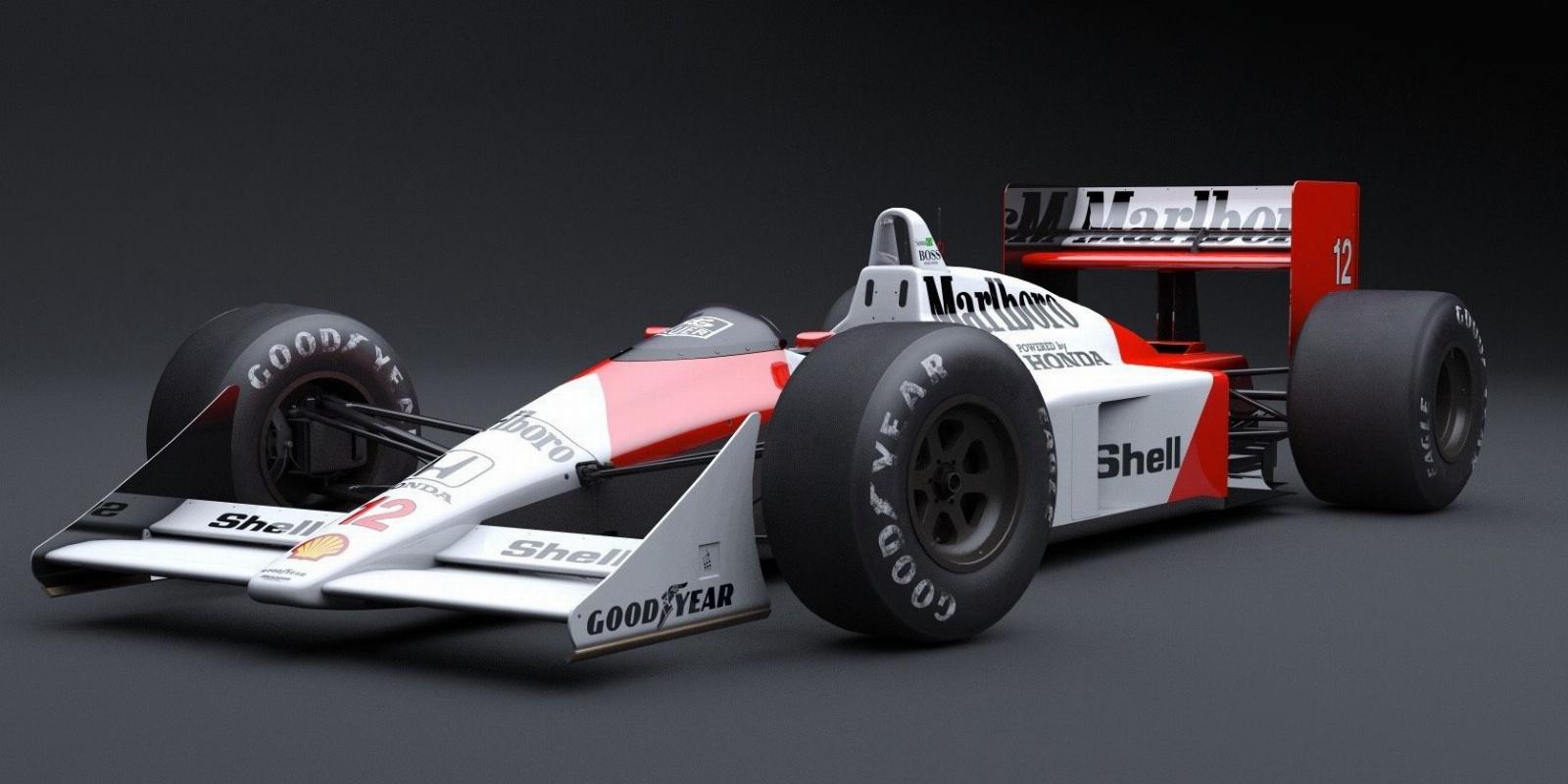
Formula 1 vs. Formula E: Which Is Faster?
Reading Time: 3 minutesThey’re both fast, but which is faster?
Formula One is the highest tier of racing, the pinnacle of motorsport. However, throughout the decades of scientific ingenuity and advancements, there always seems to be room for improvement. Even though some production cars can just about keep up with an F1 car in terms of acceleration, none will keep up with them in the corners they blast through.
With the push for cleaner energy and electric vehicles, automotive manufacturers needed to get creative for the next generation of enthusiasts, including those at the highest level of racing. As such, Formula E, the all-electric racing series, is considered the middle ground for environmental conservationists and petrolheads alike. However, the question still remains: which is faster?
What Is Formula E?
Formula 1 is the highest level of racing for single-seater cars sanctioned by the FIA (Fédération Internationale de l’Automobile), and Formula E is the highest level of racing for single-seater electric cars. The push for cleaner energy affects more than consumer-grade vehicles, including race cars.
Despite not being able to produce the roaring engine noises enthusiasts crave, Formula E was never put in place to compete with Formula 1 directly but rather be a part of its own class. Aside from the noise deficits, Formula E has a limited top-end speed compared to its counterpart.
Formula One vs. Formula E: Speed Differences
So how fast is Formula E? Unlike production passenger vehicles, electric power is at a disadvantage compared to head-to-head with petrol-based F1 cars. Still, they are no slouches, as they can reach 100km/h from a dead stop in just 2.8 seconds. Racing for 45 minutes at a time, these electric-based vehicles can reach speeds of up 280km/h.
While these figures are inferior to its petrol-based counterpart, Formula E was never intended to compete directly with Formula 1 but rather accelerate the transition to electric power. Although these acceleration figures are comparable to some production cars, none will corner like an F1 car. With parts specially designed and engineered for speed, Formula One cars push anywhere from 4G to 6G.
Formula One Vs. Formula E: Which Is Faster?
Ultimately, Formula One is faster than Formula E, which is expected considering how new Formula E is. Even though Formula E cars are kitted with highly engineered parts, there are plenty of improvements that need to happen before they can compare and compete with Formula One cars.
For example, a Formula One car produces slightly more than 1,000 horsepower, whereas Formula E cars have an artificial threshold of 350 horsepower. The limitation in power results in slower acceleration and slower top speeds, and heavy battery configurations on Formula E cars that weigh in at 385 kg don’t necessarily contribute to a faster vehicle.
While battery packs and motor configurations can be improved, it’s really the power threshold put in place that truly limits what Formula E cars can do. The lightweight carbon materials and horsepower advantages allow Formula One to push ahead of its counterpart.
Formula E circuits also play a part. To help with regenerative braking, Formula E circuits are typically full of twisty turns, which keeps speeds low.
Formula E Has Heaps of Potential
Formula E has the potential to be more entertaining, though enthusiasts tend to side with its petrol-based counterpart. Still, since they aren’t directly competing, Formula E has its own way of having fun around the track. With lighter battery packs and advancements in powertrain components, only the future can tell what it holds for Formula E.
Reference: https://www.makeuseof.com/formula-1-vs-formula-e-which-is-faster/
Ref: makeuseof
MediaDownloader.net -> Free Online Video Downloader, Download Any Video From YouTube, VK, Vimeo, Twitter, Twitch, Tumblr, Tiktok, Telegram, TED, Streamable, Soundcloud, Snapchat, Share, Rumble, Reddit, PuhuTV, Pinterest, Periscope, Ok.ru, MxTakatak, Mixcloud, Mashable, LinkedIn, Likee, Kwai, Izlesene, Instagram, Imgur, IMDB, Ifunny, Gaana, Flickr, Febspot, Facebook, ESPN, Douyin, Dailymotion, Buzzfeed, BluTV, Blogger, Bitchute, Bilibili, Bandcamp, Akıllı, 9GAG